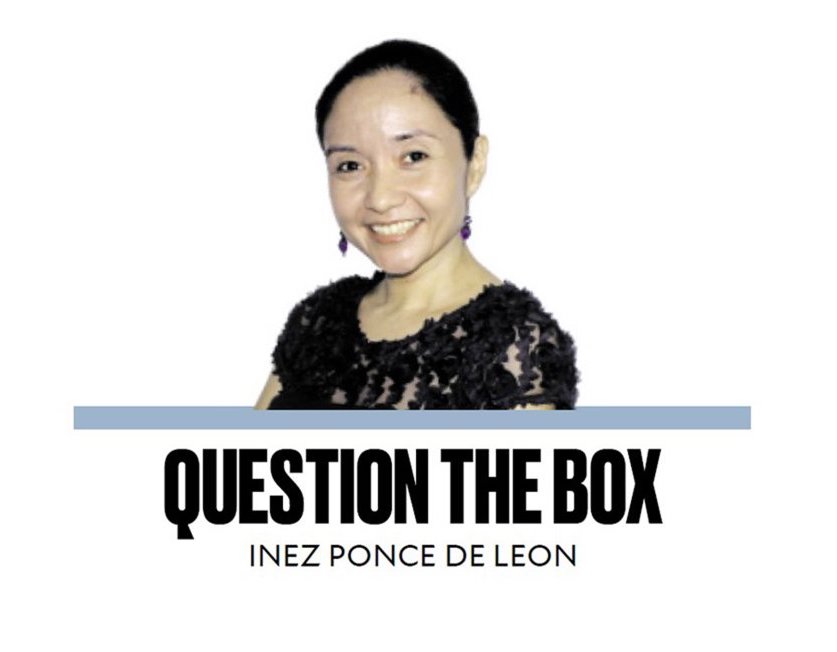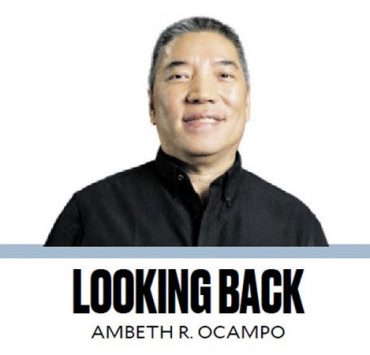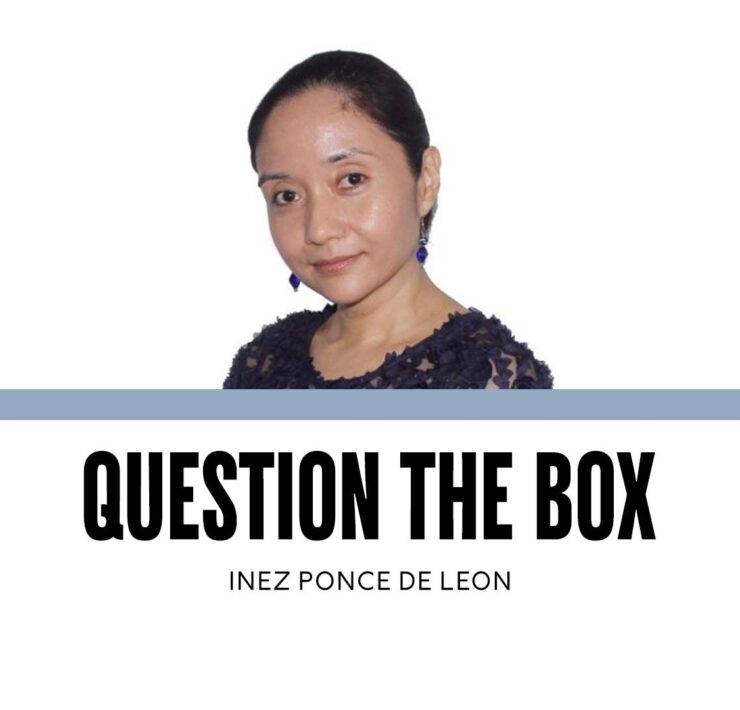The protest begins with a whisper

Whenever people ask when I started to speak my mind and join protests, I tell them that everything began when I was a toddler.
When I was around two, my parents took me to Palm Sunday mass, where the Gospel reading involves the priest and congregation reenacting the passion of Jesus Christ. The churchgoers are expected, at one point, to join the choir and lay ministers in condemning Jesus, the way that people did thousands of years ago.
My parents say that when the congregation declared, “Crucify Him!” I shouted back, “No! No! No!”
I tried to protest, unaware of my fragility and the futility of the enterprise; but if it had been the real thing, what could one child have done?
I remembered the story as I worked with my students last week. They were crafting a public service announcement (PSA) about domestic violence for their public relations class.
They asked me to be the actress representing a woman who had lived for decades with an abusive husband: he had beaten his family bloody, withheld money from them, starved them—until they escaped, only to be asked by the police why they had waited for so long to do so.
The woman had nevertheless remained steadfast: she worked hard, put her children through college, rose through the ranks in her company.
She lived through a nightmare, but never surrendered.
And it was all a true story.
It was a role that I felt was too big for me, in a PSA that I felt was too tiny a voice against a society that increasingly prizes the chest-thumping male who is free to ogle any woman, but must keep a loyal wife.
A society that questions the integrity of a woman battered and bruised, but makes excuses for men as though they are the only ones with feelings or futures.
A society that demands that a family stay together even when it is falling apart with hurt, pain, and trauma.
The PSA is a class requirement, and it will never be shown in public. But as I sat with my students in the shoot, I saw that they all felt it was their obligation to create a project—whose every second told a story, whose every frame spoke out against pain, whose every word was a quiet protest against what society deems normal, even natural—a shout of a few against the indifferent shrugs of many.
But how much longer can we keep protesting when we are told that women are useful only if they are wives and mothers—and who are to be ignored regardless of their career? How much longer can we speak up when those of us who write are cursed and called out and canceled by those who did not even bother to read every word that we crafted in defense of what is right?
These questions came to mind as I sat at two homilies last weekend. On Saturday, Fr. Francis Eke, CSSp, talked about the stubbornness of goodness: the strength of holding fast to principles even in fear even with the possibility of suffering and persecution. On Palm Sunday, Fr. Herbie Santos, our parish priest at Our Lady of the Pentecost, talked about quiet love that changes hearts.
These homilies were united in the idea of goodness blazing forth its fire in the face of evil, of the voice of righteousness tamed to the volume of a whisper. Those who are good will indeed suffer, Father Francis said, but there is power and strength in the suffering of the just. The victim can be the victor. The oppressor does not always have the last word.
In a near chorus later, Father Herbie added: it is quiet love, not violence, that changes hearts. The first canonization was not held in the grandeur of the Vatican but in the darkness of Calvary, in the low conversation between two men who had been crucified as criminals.
“This man has done nothing wrong. Jesus, remember me when you enter your kingdom.”
“Amen, I say to you: today you shall be with me in Paradise.”
Every word was a protest: by a thief who refused to believe the condemnation of the crowd, by a Son of God who spoke of a Father who knows the heart of the repentant sinner and who never shuns the lost, the addicts, or the murderers.
Who listens to the faintest murmurs in corners forgotten by humanity.
Who quietly loves.
I have long spoken up against crowds. Some joined my advocacy; others, like those of two weeks ago, sneered at my take on an issue. Like my students, I have to hang on to the hope that even my single voice, my few lines, my cry into the ether and shout into the void will be heard—because to remain silent in the face of evil is to breathe life into evil itself.
Because maybe, just maybe, there, too, was once a child in Jerusalem, who spoke out even when to do so was not popular, even when to do so was hopeless. Maybe there is a little student project somewhere, a quiet cry of a suffering mother, a voice against evil that we cannot hear only because the crowd is shouting too loud.
The world is not changed by shouts, Father Herbie said.
To this, I add: the world is not remade by those who join the chorus of the crowd, but by those who speak out with principles, alone, with no other refrain to witness their dissent.


















